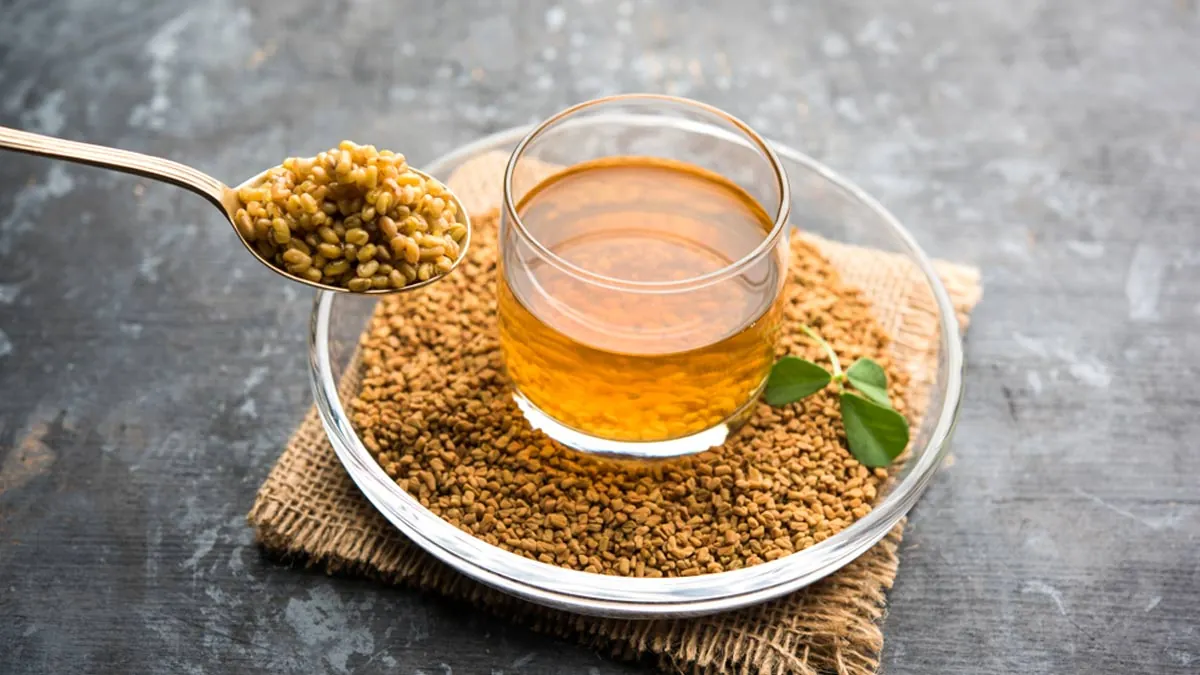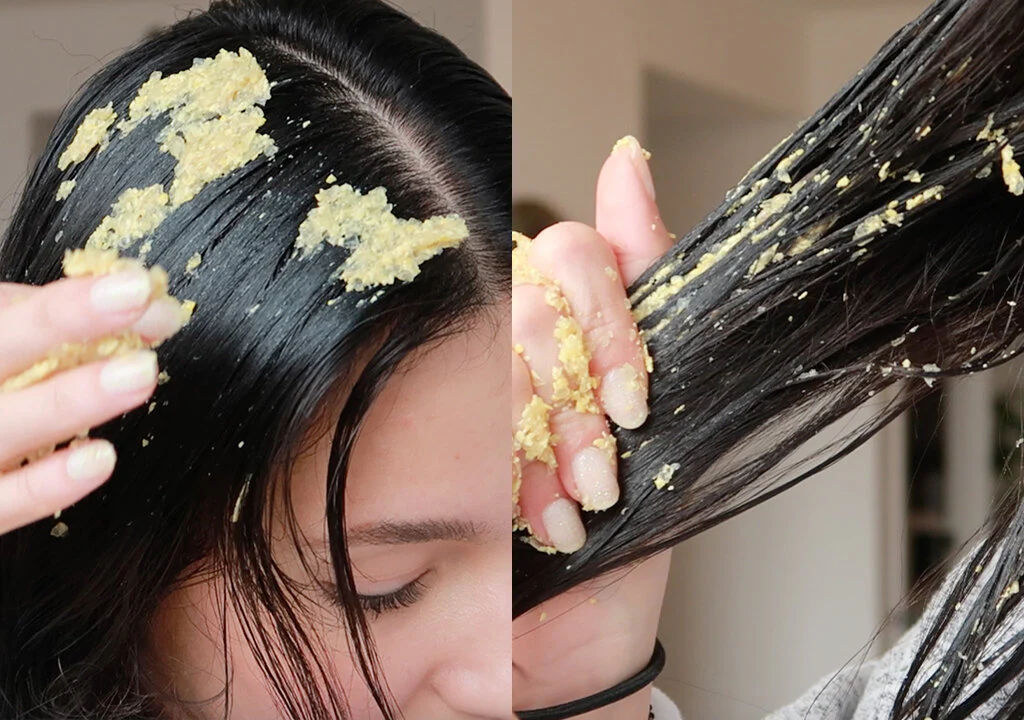If you’re curious about how to use fenugreek seeds for health benefits, you’ve arrived at the perfect place. Fenugreek seeds, a staple in traditional medicine and global cuisines, have gained recognition for their wide-ranging health-promoting properties. Whether your goal is to improve digestion, balance blood sugar, boost milk production, or support heart health, fenugreek seeds offer a natural, versatile option.
This comprehensive guide will explain the various health benefits of fenugreek seeds, how to use them effectively, and provide practical examples for easy intake. Whether you’re a beginner or looking to deepen your knowledge, you’ll discover actionable tips and trustworthy information to harness fenugreek’s full potential.
What Are Fenugreek Seeds?
Fenugreek seeds come from the Trigonella foenum-graecum plant, native to the Mediterranean, Europe, and Western Asia. These small, golden-brown seeds have a slightly bitter, nutty flavor and a maple syrup-like aroma when cooked.
Traditionally, fenugreek has been used in herbal remedies, culinary dishes (especially in Indian, Middle Eastern, and North African cuisines), and cosmetics. Nowadays, fenugreek seeds are popular as supplements and functional foods, prized for their high nutritional and phytochemical content.
How to Use Fenugreek Seeds for Health Benefits
Fenugreek Seeds for Blood Sugar Control and Diabetes Management
One of the most studied benefits of fenugreek seeds is their ability to regulate blood sugar levels, making them popular among individuals managing type 2 diabetes or prediabetes.
- How to use: Soak 5–10 grams (about 1-2 teaspoons) of fenugreek seeds overnight in water. Consume the soaked seeds first thing in the morning on an empty stomach or chew them directly.
- Alternative: Fenugreek seed powder can be added to meals, smoothies, or baked goods. Studies show daily intake of fenugreek powder (~10 g) reduces fasting blood sugar levels and improves insulin sensitivity.
The high fiber content slows carbohydrate absorption, while bioactive compounds enhance insulin function.
Boosting Lactation with Fenugreek Seeds (Galactagogue)
Fenugreek seeds are widely used to stimulate milk production in breastfeeding mothers.
- How to consume: Fenugreek tea or capsules are common. For tea, steep 1-2 teaspoons of crushed seeds in hot water for 10-15 minutes; drink 2-3 cups daily.
- Tips: Consistency is key. Effects generally appear within a few days to a week. Always consult your healthcare provider before starting any lactation aid.
Supporting Heart Health and Reducing Cholesterol
Fenugreek seeds contain soluble fiber and antioxidants that help reduce LDL (“bad”) cholesterol and regulate blood pressure.
- Usage: Incorporate fenugreek powder into your daily diet by sprinkling on soups, salads, or mixing into yogurt.
- Additional tip: Replace some flour with fenugreek seed flour in bread or flatbreads to reap cardiovascular benefits naturally.
Enhancing Digestion and Reducing Inflammation
The seeds’ mucilaginous fiber can soothe the digestive tract, relieving heartburn, indigestion, and inflammation.
- How: Drink fenugreek seed water by soaking seeds overnight and drinking the strained water in the morning.
- Also: Use fenugreek as a spice in cooking or take fenugreek supplements standardized for anti-inflammatory compounds.
Menstrual Health Support
Fenugreek may reduce menstrual pain and cramping by balancing prostaglandins and improving hormonal profiles.
- How to consume: Fenugreek seed powder (around 1–3 grams, three times daily) or tea during menstruation reportedly reduces pain severity and reliance on painkillers.
Different Ways to Use Fenugreek Seeds

1. Whole Seeds
- Soak overnight and eat directly or grind for culinary use.
- Use in spice mixes or tempering dishes.
2. Fenugreek Seed Powder
- Mix into smoothies, soups, yogurts, or baked goods.
- Store in airtight containers away from sunlight.
3. Fenugreek Tea
- Brew with hot water for a caffeine-free, soothing drink.
- Combine with honey or lemon for enhanced flavor and benefits.
4. Fenugreek Supplements
- Standardized capsules or extracts are available for targeted benefits like lactation or blood sugar control.
- Choose verified brands and consult professionals before use.
5. Fenugreek Oil
- Used topically for skin and hair health, this oil is rich in antioxidants.
Practical Recipes Using Fenugreek Seeds

Soaked Fenugreek Seeds for Blood Sugar
- Soak 1 tablespoon of fenugreek seeds in a glass of water overnight.
- Consume the seeds and water in the morning to help stabilize blood glucose.
Fenugreek Seed Chutney (Indian Style)
- Blend soaked fenugreek seeds with green chili, ginger, garlic, lemon juice, and salt.
- Use as a dip or spread for enhanced digestion and flavor.
Fenugreek Tea for Lactation
- Boil 1 teaspoon of fenugreek seeds in 2 cups of water for 5–10 minutes.
- Strain, add honey, and drink 2-3 times daily.
Fenugreek-Flour Flatbread
- Replace 10-15% of wheat flour with fenugreek seed powder.
- Use in flatbread recipes for added nutrition and subtle bitterness.
Safety Tips and Precautions When Using Fenugreek Seeds
- Start with small amounts to gauge tolerance, especially when consuming whole seeds.
- Pregnant women should consult a healthcare provider before use as fenugreek can stimulate uterine contractions.
- Fenugreek may cause allergic reactions or interfere with blood thinners and diabetes medications.
- Always discuss supplementation with your doctor if you have underlying health conditions.
The Nutritional Profile of Fenugreek Seeds: Why They Are a Superfood
Understanding the nutritional makeup of fenugreek seeds helps explain their impressive health benefits. These tiny seeds punch well above their weight in terms of nutritional value.
Key Nutrients in Fenugreek Seeds
- Dietary Fiber: Fenugreek seeds are rich in soluble fiber, which slows digestion, stabilizes blood sugar, promotes a feeling of fullness, and supports gut health.
- Proteins and Amino Acids: Contain essential amino acids crucial for tissue repair and enzyme functions.
- Vitamins: Particularly B vitamins such as B6 (pyridoxine), which supports hormone regulation and metabolism.
- Minerals: Good source of iron, magnesium, manganese, and copper, essential for oxygen transport, nerve function, and antioxidant defense.
- Phytonutrients: Includes saponins, flavonoids, and alkaloids, compounds which exhibit antioxidant, anti-inflammatory, and cholesterol-lowering effects.
How This Nutritional Composition Supports Wellness
- The fiber content facilitates weight management by enhancing satiety and improving digestion.
- Protein and minerals support muscle maintenance and metabolic energy.
- Vitamins and antioxidants protect cells from damage and contribute to overall vitality.
- These combined nutrients help regulate cholesterol and blood sugar, supporting cardiovascular and metabolic health.
Fenugreek Seeds and Weight Management
For those looking to maintain or lose weight naturally, fenugreek seeds can be a helpful ally.
How Fenugreek Aids Weight Loss
- Appetite Suppression: Fenugreek’s high fiber absorbs water in the stomach, expanding and promoting a sensation of fullness, which can reduce overeating.
- Improved Metabolism: Compounds in fenugreek support fat metabolism and may aid in burning fat more efficiently.
- Blood Sugar Regulation: Maintaining stable blood sugar reduces insulin spikes that encourage fat storage, especially around the abdomen.
Practical Tips for Weight Management Use
- Drink fenugreek seed water before meals to curb hunger pangs.
- Add fenugreek powder to protein shakes as a fiber boost.
- Incorporate fenugreek into meals rich in vegetables and lean protein for balanced nutrition.
Using Fenugreek Seeds for Skin and Hair Health

Beyond internal health benefits, fenugreek seeds offer topical and nutritional advantages for skin and hair care.
Fenugreek for Hair Growth and Scalp Health
- Rich in proteins and nicotinic acid, fenugreek seeds enhance hair growth and reduce hair thinning.
- Fenugreek’s anti-inflammatory properties soothe scalp conditions like dandruff and itchiness.
- Antioxidants protect hair follicles from oxidative stress.
How to use: Make a fenugreek paste by soaking seeds overnight and grinding them into a smooth consistency; apply as a hair mask for 30 minutes before shampooing. Repeat weekly.
Fenugreek for Skin Nourishment
- Traditionally used to treat dryness, pimples, and minor wounds due to antimicrobial and moisturizing effects.
- Fenugreek paste or fenugreek seed water can be applied as a toner or spot treatment.
DIY Hair Mask Recipe
- Soak 2 tablespoons of fenugreek seeds overnight.
- Grind seeds into a paste mixing with a tablespoon of yogurt or honey.
- Apply to scalp and hair, leave on 30-45 minutes, then rinse carefully.
Fenugreek Seed Safety, Side Effects, and Interactions
Although fenugreek seeds are natural and generally safe, it is important to be aware of potential side effects and drug interactions.
Common Side Effects
- Mild side effects like diarrhea, bloating, or gas may occur, especially when consuming large amounts suddenly.
- Fenugreek has a strong aroma that might cause body or urine odor changes.
Who Should Avoid or Use Fenugreek With Caution?
- Pregnant women should avoid fenugreek as it may stimulate uterine contractions.
- Individuals with allergies to peanuts or chickpeas may react to fenugreek.
- People on blood sugar-lowering or blood-thinning medications should consult healthcare providers before use since fenugreek can enhance or interfere with these drugs.
General Recommendations
- Start with smaller doses (e.g., 1 teaspoon of seeds or powder daily) and gradually increase.
- Monitor how your body responds before escalating intake.
- Keep fenugreek in your wellness toolbox as a supportive, not primary, treatment.
How to Store and Prepare Fenugreek Seeds for Maximum Benefit
Proper storage and preparation methods preserve fenugreek’s active compounds and ensure the best health effects.
Storage Tips
- Keep seeds in an airtight container stored in a cool, dry, and dark place.
- Avoid exposure to heat or moisture to prevent loss of potency or mold growth.
- Powdered fenugreek should similarly be kept in airtight containers and used within 3-4 months.
Preparing Fenugreek Seeds
- Soaking: Soaking seeds overnight improves digestibility and nutrient absorption.
- Roasting: Lightly roast seeds to reduce bitterness and enhance flavor before grinding.
- Grinding: Use a spice grinder or mortar and pestle to convert seeds to powder for cooking or supplement use.
- Brewing: Pour boiling water over seeds to make tea or infusion, a gentle method to extract benefits.
Fenugreek Seeds in Global Cuisines: Culinary Uses and Traditions

Fenugreek has been embraced worldwide, each culture weaving it into unique flavorful dishes while recognizing its health properties.
Indian Cuisine
- Fenugreek seeds and leaves (known as methi) are staples in dals, curries, and flatbreads.
- Fenugreek powder is essential in spice blends like garam masala.
- It is often used to temper oils for flavor and digestibility enhancement.
Middle Eastern Dishes
- Seeds frequently flavor stews, legume dishes, and pickles.
- Fenugreek enhances savory breads and spiced yogurt dishes.
African and Mediterranean Cooking
- Used in spice mixes and herbal teas for digestive and circulatory benefits.
- Fenugreek leaves added fresh or dried to vegetable stews.
Experimenting with fenugreek in your cooking makes consumption enjoyable while tapping into age-old wellness traditions.
Conclusion
Fenugreek seeds offer multiple health benefits including blood sugar regulation, enhanced lactation, heart health, digestive support, and menstrual relief. They can be consumed in various forms—whole, powdered, brewed as tea, or supplements—making incorporation into your lifestyle flexible and easy.
